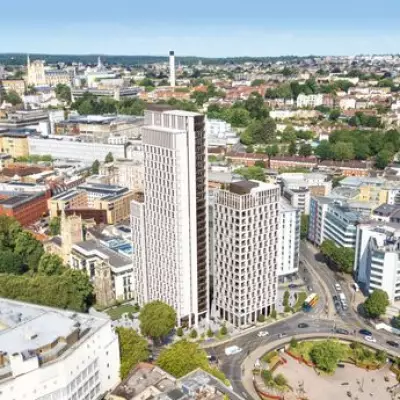
In a landmark speech that could reshape Britain's economic landscape, Shadow Chancellor Rachel Reeves is poised to announce sweeping planning reforms that would fast-track major infrastructure projects and pave the way for new towns across England.
The Planning Revolution
The Labour frontbencher will declare that the current planning system is "holding Britain back" and commit to taking on the NIMBY (Not In My Back Yard) culture that has stifled development for decades. The reforms would see significant restrictions lifted on building projects, particularly on less attractive green belt land often described as "grey belt" areas.
Key Measures Include:
- Automatic approval for commercial projects on disused green belt land
- Fast-tracking of major infrastructure developments
- Streamlined planning processes for key economic projects
- Designation of new towns to address housing shortages
Economic Growth at the Core
Reeves will position these reforms as essential for Britain's economic revival, arguing that the sluggish planning system has become a significant barrier to investment and growth. The announcement comes as Labour seeks to establish its economic credibility ahead of the next general election.
"The system is too slow, it's too cumbersome, and it's holding our economy back," Reeves is expected to tell business leaders. Her speech will emphasise that without serious planning reform, Britain cannot hope to achieve the levels of growth needed to improve living standards and fund public services.
Balancing Development and Environment
While the proposals represent the most significant shake-up of planning rules in decades, Labour insists they will maintain environmental protections. The focus will be on developing poorer quality green belt land while preserving areas of natural beauty and ecological importance.
The new towns initiative mirrors post-war development strategies that created successful communities like Milton Keynes, addressing both housing needs and economic regeneration in a coordinated approach.
Political Implications
This bold move signals Labour's determination to position itself as the party of economic competence and reform. By tackling the politically sensitive issue of planning head-on, Reeves aims to demonstrate that Labour is serious about making tough decisions to drive growth.
The announcement is likely to spark intense debate about the balance between development and environmental protection, setting the stage for one of the key political battles in the run-up to the election.





